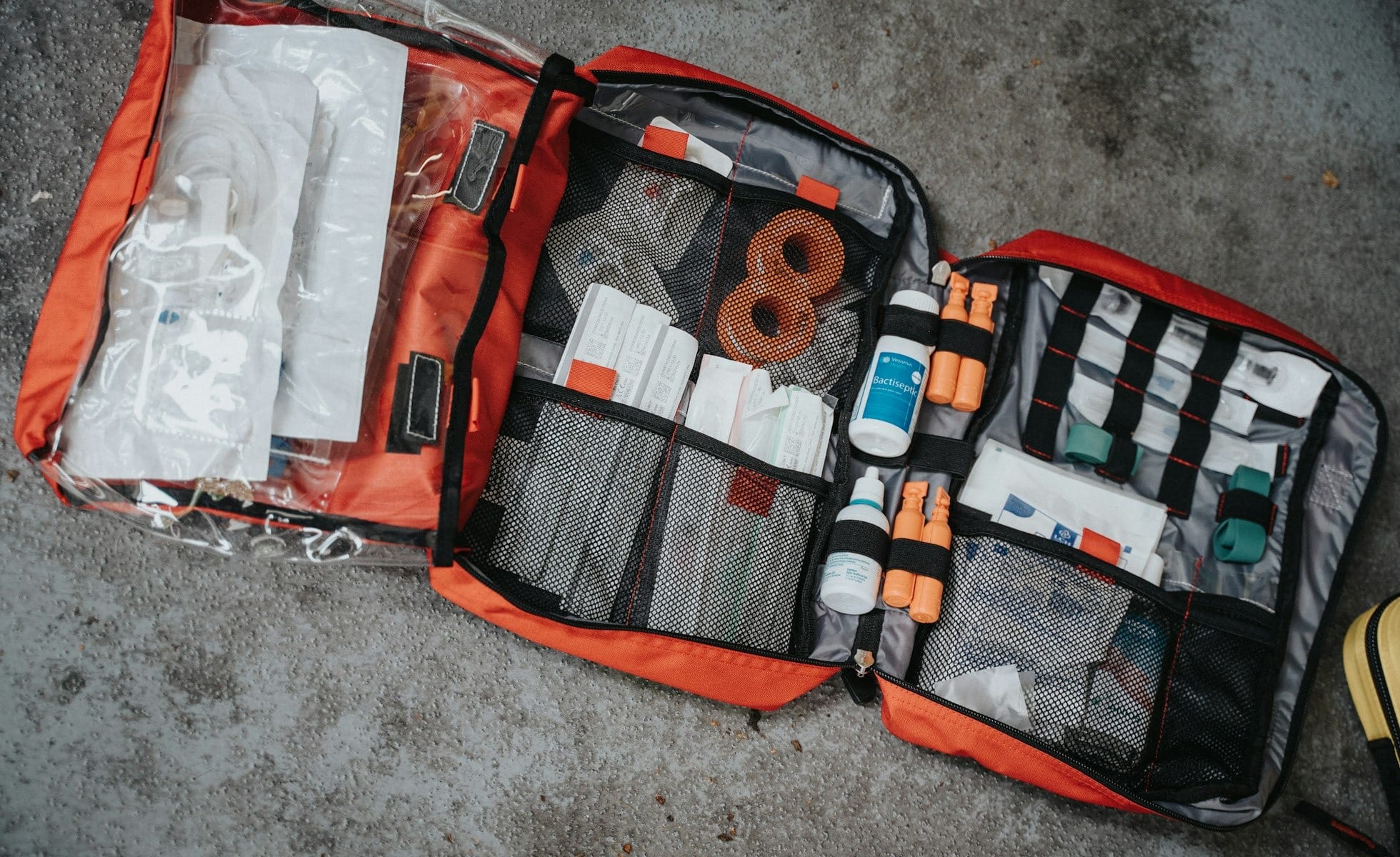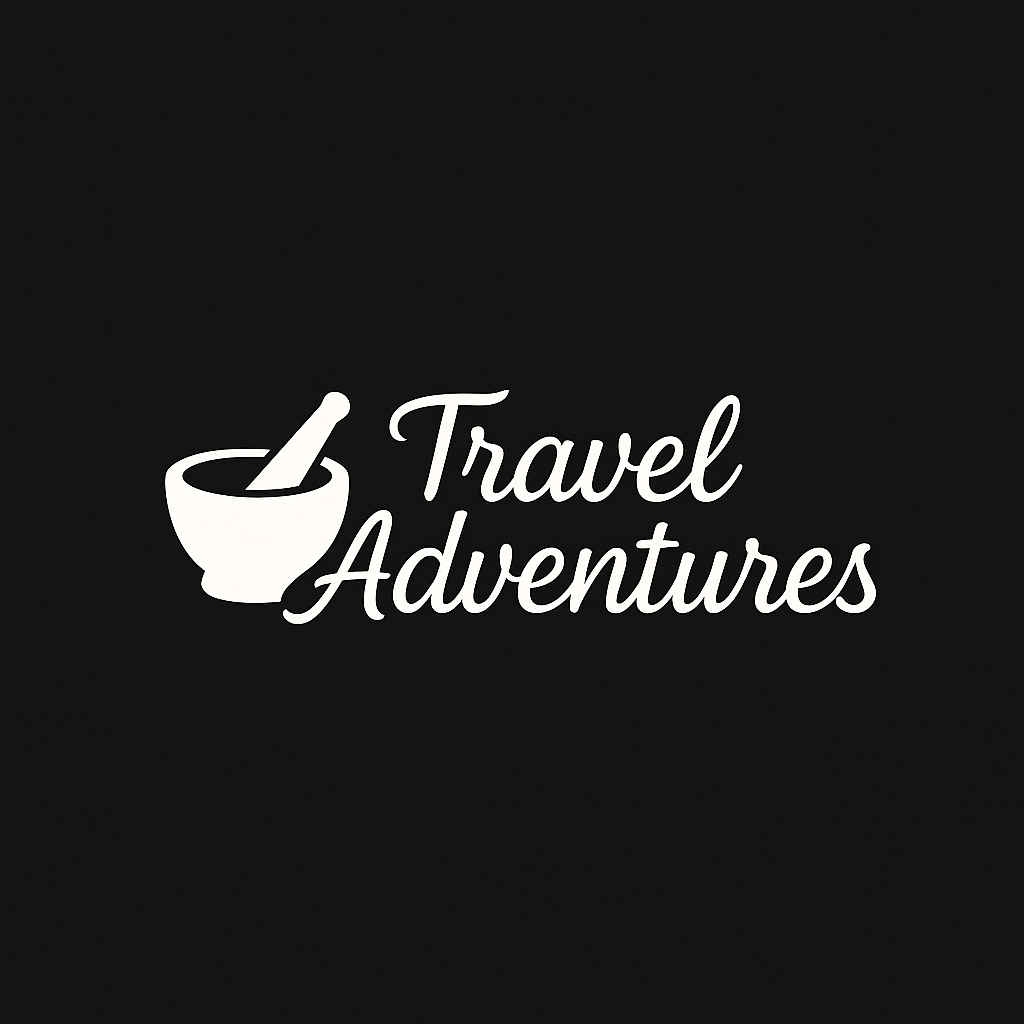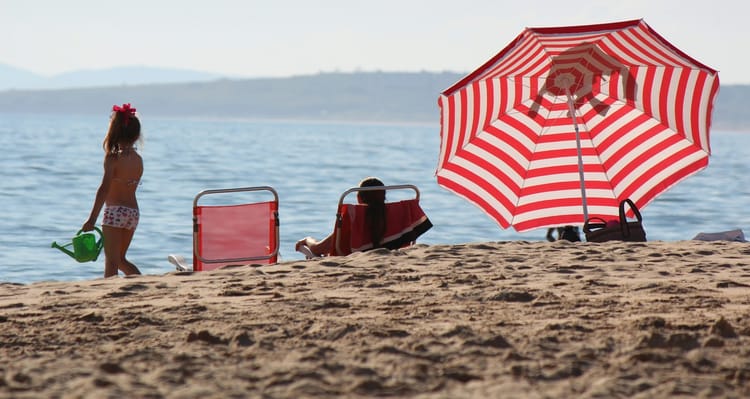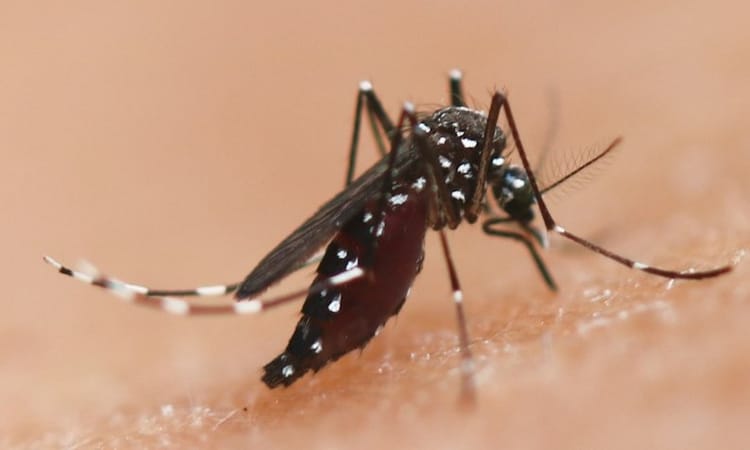🧳 The Ultimate Travel First Aid Kit: What Every Adventurer Needs to Pack

Whether you’re off to the Amazon or the Amalfi Coast, minor health issues can pop up fast when you're far from home. Cuts, stings, upset stomachs — the right supplies in your bag can save your day, your trip, or even your skin (literally).
Here’s what to include in a compact, carry-friendly travel first aid kit — plus pharmacist-recommended extras you probably haven’t thought of.
🩹 Essentials for Every First Aid Kit
- Adhesive bandages – assorted sizes for scrapes, blisters, and cuts adhesive bandages
- Antiseptic wipes or spray – for cleaning wounds before dressing antiseptic wipes
- Sterile gauze and tape – cover and secure larger wounds sterile gauze
- Tweezers – useful for removing ticks, splinters, or stingers tweezers
- Small scissors – must be TSA-compliant travel scissors
- Digital thermometer – compact and travel-ready digital thermometer
- Nitrile gloves – one pair for safe wound care nitrile gloves

💊 Basic Medications to Carry
- Pain relievers – like ibuprofen or acetaminophen pain relievers
- Antihistamines – such as loratadine or cetirizine antihistamines
- Anti-diarrheal tablets – like loperamide anti-diarrheal tablets
- Electrolyte tablets or powders – ideal for hot climates electrolyte tablets
- Antacids – for indigestion or reflux antacid tablets
- Motion sickness relief – pills or wristbands motion sickness relief
- Cold and flu tablets – multi-symptom formulas cold & flu meds
💡 Always check expiration dates before each trip.
🌍 Travel-Specific Add-Ons
- Altitude sickness tablets – for high elevation travel altitude meds
- Water purification tablets – essential in remote regions water purification
- Anti-chafing balm – prevents irritation on long hikes anti-chafing balm
- Cooling gel – soothes sunburns or heat rash cooling gel
- Lubricating eye drops – for dry or dusty conditions eye drops
- Bite relief cream – fast-acting sting soother insect bite cream
- Emergency whistle – especially useful for solo travel or treks emergency whistle
🧠 Smart Extras From a Pharmacist’s Point of View
- Prescription medications – bring extras in original packaging
- Spare contacts or eyeglasses – carry a backup pair glasses case
- Prescription copies – printed or saved digitally
- Emergency contact and allergy card – keep it in your daypack
- Mini laminated first aid guide – for quick reference first aid reference
- Ziplock bags – organize and protect supplies from moisture travel storage bags
- Travel pill organizer – lightweight and compartmentalized pill organizer
- Compact first aid pouch – clear, zippered, and TSA-ready first aid bag
✈️ TSA-Friendly Packing Tips
- Clear pouch for liquids and medications TSA travel pouch
- Scissors must have blades under 4 inches
- Organize meds in clearly labeled containers

Bookmark this post, Book your trip, and explore confidently.
Have questions about your travel first aid kit? Drop a comment or message me — I’m happy to help.
🧠 Travel Smarter, Stay Safer
This is just one part of my Travel Health Essentials series — covering real-world tips on insect repellents, hydration, prescription safety, heat protection, and more.
🔗 See the full Travel Health Series here
Ready to Plan Your Own Adventure?
We’ve made it easy by rounding up the same trusted tools we use to book flights, stays, insurance, and activities. Whether you're chasing waterfalls in Ecuador or relaxing in a cabin, these resources have you covered.
Plan Your Trip with Our Trusted Travel Tools
Compare Flights
→ Kiwi.com
→ Trip.com
Book Budget Stays
→ Hostelworld
→ Agoda
Protect Your Trip
→ Klook (Travel Insurance & eSIM)
Find Rentals
→ Economybookings
Explore Activities
→ Viator
→ GetYourGuide
→ Go City
Arrange Transfers
→ Welcome Pickups
Plan Your Route
→ Tripadvisor
This post contains affiliate links. If you book or buy through them, we may earn a small commission — at no extra cost to you. As an Amazon Associate, we earn from qualifying purchases. Thanks for supporting the blog — it keeps the adventures coming!
⚠️ Disclaimer
This post is intended for general informational purposes only and is not a substitute for professional medical advice, diagnosis, or treatment. Always consult your healthcare provider before taking any new medications or traveling with a health condition.
Medication names and recommendations may vary by country. Check local regulations and availability and speak with a pharmacist or travel health specialist for personalized advice.





